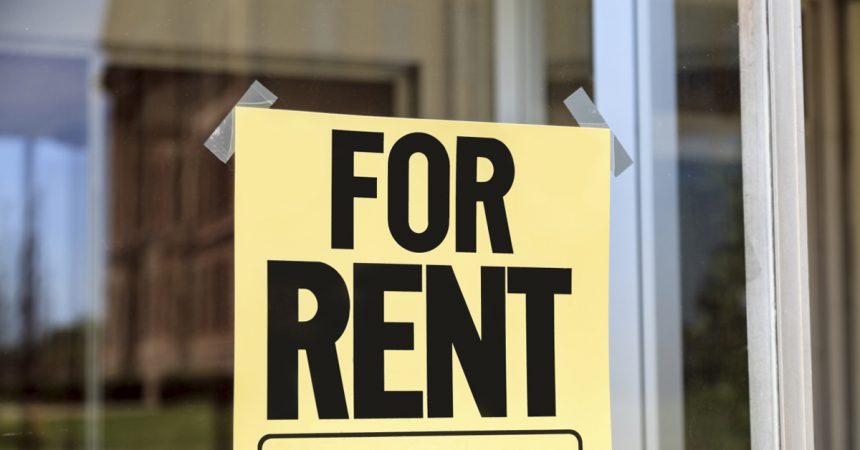Rent control is a very bad idea. That was the general reaction of the property industry and government when the Alliance Against Poverty proposed it in the run-up to the 2018 Budget.
The so-called Labour Party has completely excluded the introduction of rent control. The prophets of neoliberalism say the market will regulate itself. The property industry says rent control will bring economic Armageddon.
Yet for years Germany has strict rent control laws and Europe’s powerhouse is still firing on all cylinders after posting its strongest growth rate last year since 2011.
The ‘rent brake law’ (Mietpreisbremse) prohibits landlords in areas that have been designated as ‘tight housing markets’ from charging rent that is more than 10% above the local average for a comparable property.
The 2015 law applies to new leases while existing leases already faced a rent cap of not more than 20% of the average local rent charged within a three-year period.
‘Greedy’ landlord demands €600 a month for run-down apartment
Why Muscat’s metropolitan dream may ruin our future
Although this has been heralded as a success, especially in the city-states of Hamburg and Berlin, experts have called for stricter control and proposed a benchmark rent index.
While agreeing with the spirit of the law, the experts doubted whether the lax 20% rule would make rents more affordable and mitigate housing shortages. Moreover, a Berlin court ruled that the law is in breach of the German constitution and is now set to be subject to a Constitutional court case.
Critics argue that restrictive price caps reduce the supply of property to the market and believe that the solution is simply to build more housing.
But unlike Malta, property in Germany is not a cash cow which drives the economy and is the backbone of the political and economic status quo. Around 50% of people rent their housing in Germany while in Malta around 80% of the people are homeowners.
Yet allowing the market to regulate itself is not working. The average one-bedroom apartment in Malta now costs more than the minimum wage.
Some 70,000 live on the minimum wage (€735 a month) or less while rental prices have shot up by 47% since 2013.
A three-bedroom apartment of 130 square metres could fetch up to €1,169 a month in rent in Central Malta; in the south the price goes down to €693. A one-bedroom flat costs €700 monthly in the centre, down to €382 in the south.
The average wage in Malta stands at just over €1,400 and tenants are seeing most of their wage going to pay rent and utility bills.
And its not only low-income earners who are suffering the brunt of the increases and struggling to make ends meet.
Foreigners working in the burgeoning online gambling industry are also facing difficulties in catching up with the ballooning rental prices.
Politicians might not give a toss about the poor but they usually go out of their way to accommodate the lucrative gaming industry.
If rental prices continue rising, or stabilise at current levels, employers will face growing pressures to increase wages.
Unless some sort of capping is introduced Malta will no longer remain as attractive as our politicians and profit-mongers believe it is.
If nothing is done to curb the increases in property prices, young people and new families will struggle to own or rent a property.
Rent control comes in different forms. Government can look at emulating the models in place in Germany or New York. Another solution is that of pegging the prices to inflation.
With a growing population and thousands of foreign workers needed to sustain the economy, the situation will not get better. And doing nothing is no solution.
If ordinary salaried employees can no longer afford to rent or buy a property, we can only expect poverty and homelessness to increase.
Rent control alone will not solve the problem. Improving salaries and increasing the minimum wage, more social housing units, a landlord registry, introducing three-year minimum rents, enforcing standards of accommodation, protecting tenants, incentivising landlords to rent their properties and taxing vacant property are only some of the measures which need to be looked at.
If not, the country will have to deal with more poverty and social inequalities.
Hardly the legacy of dreams for the outgoing Prime Minister Joseph Muscat.












